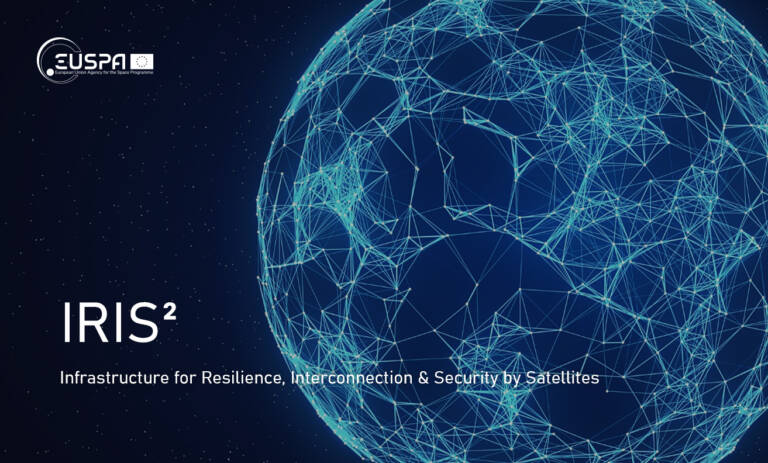The EU invests 6 billion in IRIS², the European satellite constellation. Will he be up to it?

Europe is preparing its own alternative for a satellite internet network worth 6 billion euros, which would rival the projects of Elon Musk and Jeff Bezos. The problem is that while Starlink and Kuiper are commercial offers from efficient companies, the European one is a creation of the Commission through ESA, and the consequence is that of an offer that could be uncompetitive and expensive.
The IRIS² system risks being born already outdated.
The new satellite constellation, called IRIS2 – Satellite Resilience, Interconnectivity and Security Infrastructure – was authorized by European authorities at the end of 2022 . Now, the European Space Agency has said it is already seeking final proposals to develop the system, although development of the system has been pushed back by two months, to the end of February. A first sign that all things are not going exactly as they should.
For now, the only proposal for the IRIS2 main contract was submitted by a consortium composed of Airbus, Hispasat and SES, Eutelsat and Thales Alenia Space. The deployment of the satellite constellation is expected to be staggered, starting in 2024 and reaching full operational capability in 2027 .
The European Commission explained that there is a gap between the needs of governments and the solutions available in the region for satellite communications services. According to a statement published in February, Europe aims to have a “safe, reliable and diversified” system and not to depend on “third countries” .
“We are currently exploring the possibility of incorporating artificial intelligence capabilities into the algorithms that operate the IRIS² system, a very promising option,” a spokesperson for the commission said.
The number of satellites would be much lower than that of commercial constellations, and this would limit the use of the system to public administration and military uses. The attempt at this point is to have more advanced satellites, which should directly incorporate AI according to what is called edge computing, as appears to be happening with the satellites put into orbitby China .
The birth of a new generation of “deftech”
This type of development has seen the birth of a nucleus of small cutting-edge companies in the defense and space sector, companies defined as "Deftech", quite effective, but which find themselves in difficulty with the traditional procurement system, which is long and bureaucratic, and which requires that those who place the order already have a precise idea of what they want to produce, while the project is often defined by the interaction between the various subcontractors.
Entrepreneurs argue that combining defense with software and artificial intelligence requires faster action to ensure flexibility.
The growing interest in defense computing was highlighted last Friday when Airbus reported it was in talks to acquire Atos' cybersecurity business. The Airbus-led group did not comment directly on Helsing's article, but said IRIS² "aims to leverage cutting-edge technology and expertise from companies across Europe."
ESA said the work will be gradually outsourced to smaller companies once the main IRIS2 contract is awarded.
“It will take some time… and this will happen during 2024,” said ESA Director of Navigation Francisco-Javier Benedicto Ruiz.
Will we ever see IRIS² working and, above all, will it have a utility beyond defense, like Starlink and Kuiper?

Thanks to our Telegram channel you can stay updated on the publication of new Economic Scenarios articles.
The article The EU invests 6 billion in IRIS², the European satellite constellation. Will he be up to it? comes from Economic Scenarios .
This is a machine translation of a post published on Scenari Economici at the URL https://scenarieconomici.it/la-ue-investe-6-miliardi-in-iris%c2%b2-la-costellazione-satellitare-europea-sara-allaltezza/ on Tue, 19 Dec 2023 06:15:58 +0000.
